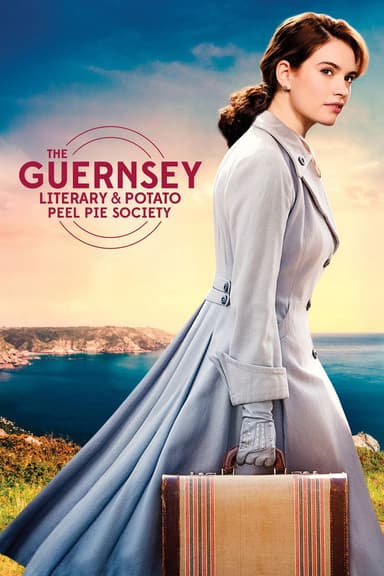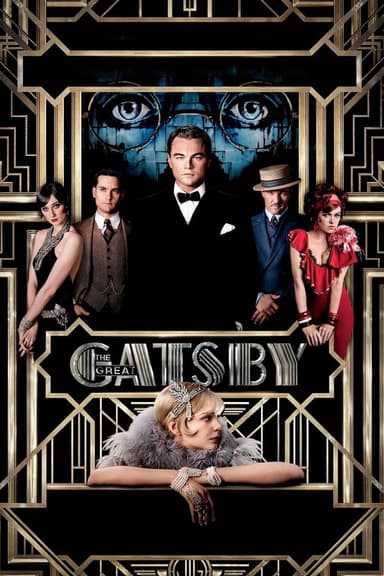
Brideshead Revisited
2008 • Drama, Romance • PG-13
Artist Charles Ryder runs into aristocrat Julia Flyte and recalls his friendship with her eccentric family prior to the outbreak of the Second World War. Based on the classic British novel by Evelyn Waugh.
Runtime: 2h 13m
Why you should read the novel
While the 2008 film adaptation of Brideshead Revisited captures the essence of the story, the original novel by Evelyn Waugh provides a far richer experience for readers. Waugh's prose is renowned for its wit, subtlety, and evocative descriptions, tracing the decline of the British aristocracy with unmatched nuance. Through careful characterization and introspective narration, the novel delves deeply into themes of faith, love, memory, and loss, painting a vivid picture of pre-war England’s upper class.
Reading the novel allows you to engage intimately with Charles Ryder’s inner agonies, desires, and transformations—details which are sometimes glossed over or compressed in a film. The slow, contemplative pacing in the book gives you time to savor each scene, each conversation, and each moment of change in the characters' lives. The intricate relationships and evolving worldviews unfold thoughtfully, lending the story an emotional resonance that lingers long after the last page.
Evelyn Waugh’s novel is not only a story but a literary experience—filled with memorable lines, exquisite imagery, and philosophical depth. It’s a book that rewards careful reading, making you reflect on your own perceptions of love, faith, and the inexorable passage of time. Immersing yourself in the original text ensures that you appreciate all the complexity and beauty that adaptations, however beautifully shot, simply cannot fully capture.
Adaptation differences
One significant difference between the film and the book is the treatment of Charles Ryder’s relationship with Sebastian Flyte. In the novel, the relationship is subtle, open to interpretation, and charged with emotional ambiguity. The film, however, opts for a more explicit romantic and sexual tension, focusing on a love triangle dynamic, which slightly distorts the original’s delicate balance of intimacy and friendship.
Another difference lies in the portrayal of Julia Flyte and her relationship with Charles. The novel explores Julia’s internal struggles with her faith, guilt, and obligation at great length, making her motivations deeply complex. The adaptation condenses her character arc, streamlining her story and sometimes making her choices appear abrupt or less convincing compared to the novel’s nuanced depiction.
The theme of Catholicism and its influence is much more dominant and philosophical in the novel, providing a backbone to the narrative and character decisions. The film, while including religion, tends to use it more as a plot device and visual motif rather than an internal, ever-present conflict, making the spiritual undertones less poignant or profound.
Finally, the novel’s narrative structure—with its reflective flashbacks, careful pacing, and intricate chronology—immerses readers in Charles’s perspective and evolving understanding over time. The film, constrained by time and medium, presents a more linear, surface-level progression, sacrificing many introspective passages and smaller character moments that enrich the source material.
Brideshead Revisited inspired from
Brideshead Revisited
by Evelyn Waugh











